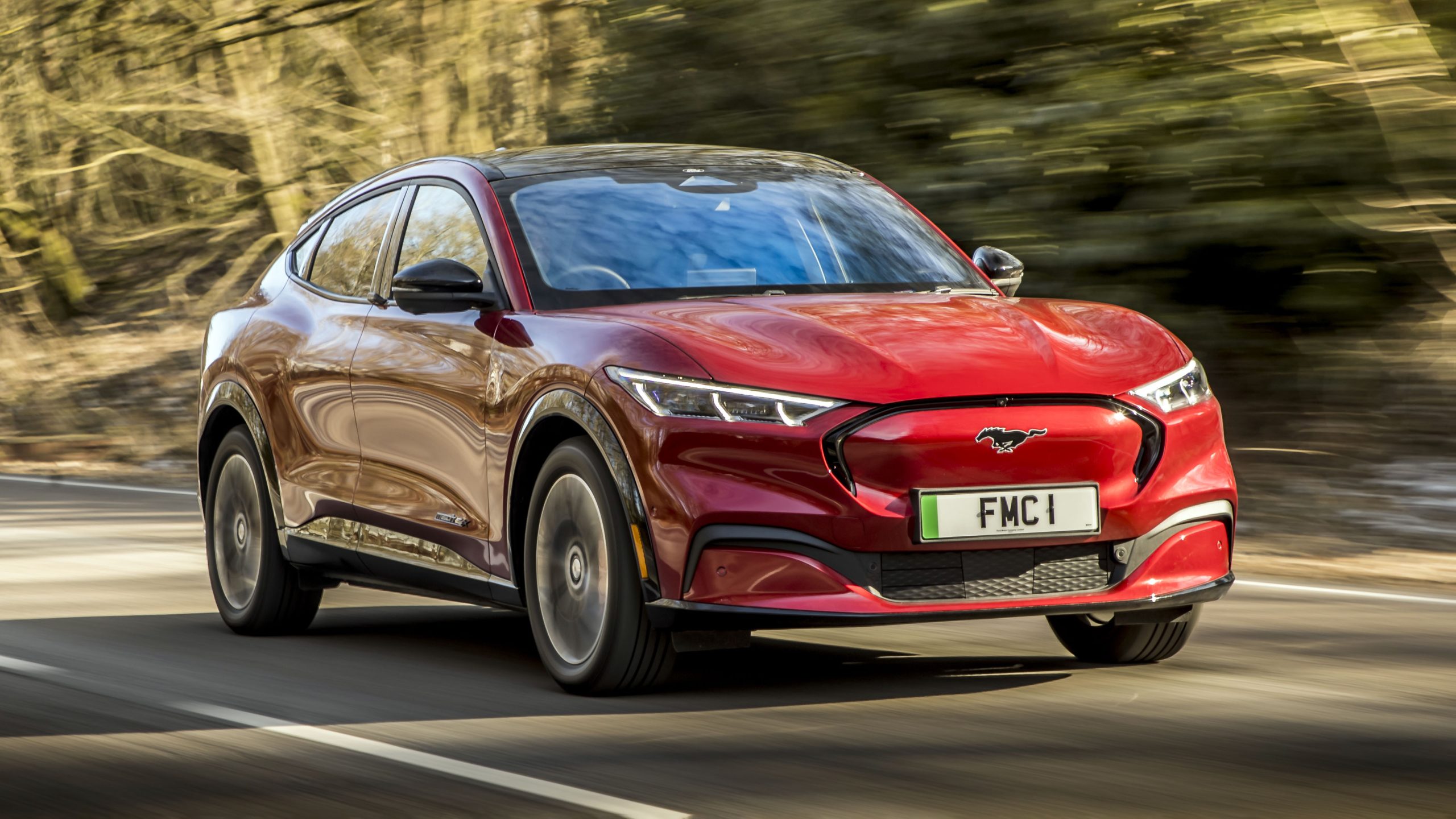Electric cars operate on batteries. The electricity is chemically stored in the batteries. When the car is driven, the battery releases the electrical energy, which powers the electric motor.
The electric motor is far less complicated to operate than a gasoline engine since it does not have any moving pieces. This lowers maintenance costs while also making it more dependable and cost-effective. Electric motors are also very efficient, converting about 80% of the electrical energy they receive into mechanical energy that turns the wheels.
There are several advantages to driving an electric car rather than a gasoline-powered vehicle. They’re cheaper to operate and maintain, and they produce no emissions. Electric cars are much quieter than gas cars, and they have instant torque (acceleration) because electric motors provide full torque at low speeds.
However, electric cars have some drawbacks. The biggest one is range: Electric cars can only travel about 100-200 miles on a single charge, while gas cars can go 300-400 miles on a tank of gas. Electric cars also take longer to recharge than it takes to fill up a gas tank.
If you’re considering an electric car, it’s important to do your research and make sure that an electric car is an exemplary choice for you. Consider your daily driving habits, your budget, and whether you’re willing to compromise on the range in order to enjoy the other benefits of owning an electric car.
Electric cars are evolving more and more popular, but there are still many people who don’t really understand how they work. In this blog post, we’re going to break down everything you need to know about electric cars, from how they’re powered to how they drive. By the end of this post, you’ll be an expert on all things electric cars!
How are Electric Cars Powered?
Electric cars are powered by electricity, which is stored in a battery. The battery is made up of a series of chemical cells that produce an electrical current when they are connected. When the car is being driven, the battery’s electrical current powers the motor, which turns the wheels.
The car’s battery can be recharged by plugging the car into an electrical outlet. This process is called “charging.” Charging takes anywhere from a few hours to a few days, relying on the size of the battery and the type of charger used. Once the battery is fully charged, the car can be driven for a distance of 100- 200 miles before it needs to be charged car again.
How To Drive Electric Cars?
Electric cars are very easy to drive! Just like a regular car, you use the accelerator pedal to go forward and the brake pedal to stop. The only difference is that there’s no engine noise and no emissions!
Electric cars are extremely efficient. In fact, they’re about 3-4 times more efficient than gas cars. That means that for every mile you drive in an electric car, you’re saving money on gas and helping the environment!
There are many different types of electric cars on the market today. Some are small and lightweight, while others are larger and can seat up to 7 people. No matter what your needs are, there’s an EV that’s perfect for you!
Frequently Asked Questions:
How much does it cost to charge an electric car?
It costs about $0.10 per mile to charge an electric car. That’s about one-third the cost of gas!
How long does it take to charge an electric car?
Charging time depends on the size of the battery and the type of charger being used. Most home chargers will fully charge a car in 8-12 hours. However, public chargers can charge a car in as little as 30 minutes!
How far can electric cars travel on a single charge?
Electric cars can travel 100-200 miles on a single charge. Gasoline cars can travel 300-400 miles on a single gas tank.
What are the environmental benefits of EVs or electric cars?
Electric cars produce zero emissions, which is great for the environment! They also use less energy than gas cars, so they help reduce our dependence on fossil fuels.
Are electric cars or EVs more expensive than gasoline cars?
The setup/initial cost of an electric car may be higher than a gas car, but over time, electric cars are cheaper to operate and maintain. Plus, you’ll never have to pay for gas again!
Conclusion:
As you can see, there’s a lot that goes into making an electric car work! But at the end of the day, they’re just like regular cars—except they’re powered by electricity instead of gas. So if you’re planning to make the switch to an electric car, we hope this post has given you a better understanding of how they work and what you can expect!
Related:

